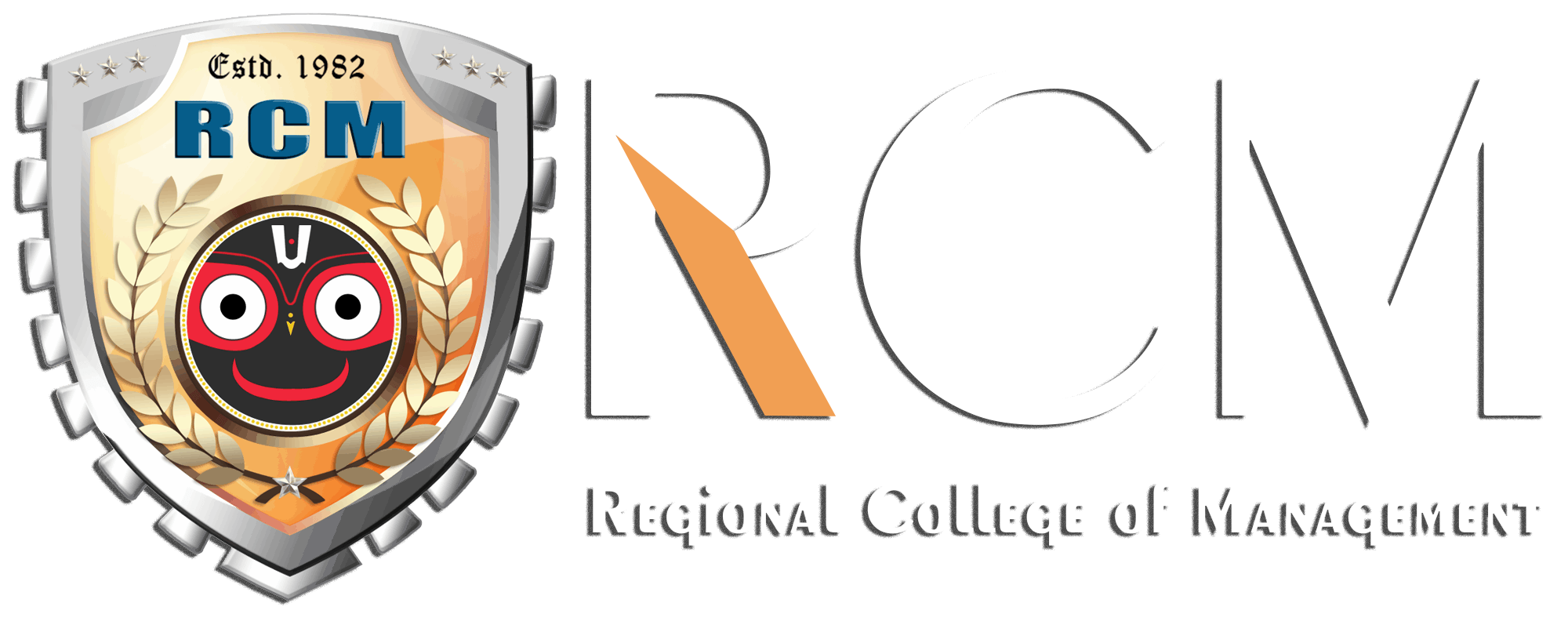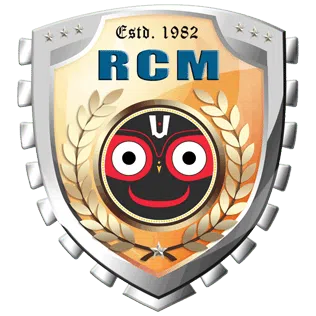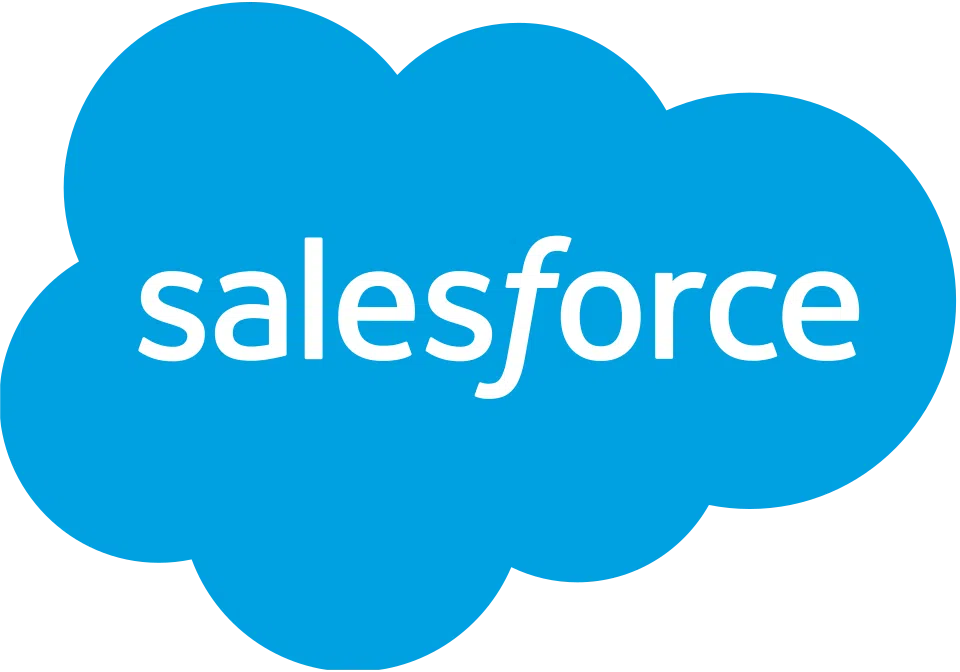With the rapid expansion of the IT industry, many students from diverse educational backgrounds are considering a career in computer applications. One common question is, “Can biology students do BCA?” The short answer is yes! Even if you studied biology in your 12th grade, you can still pursue a Bachelor of Computer Applications (BCA) and enter the world of IT and software development. In this blog, we will explore the eligibility criteria, benefits, challenges, and career prospects for biology students who wish to pursue BCA.
Understanding BCA
BCA (Bachelor of Computer Applications) is a three-year undergraduate degree that focuses on computer applications, programming languages, and software development. It is designed to equip students with the necessary skills to build a career in IT, software engineering, and related fields. Many students opt for BCA as an alternative to B.Tech in Computer Science because it is more application-oriented and requires less emphasis on mathematics and physics.
Eligibility Criteria for BCA
The eligibility criteria for BCA may vary from one university to another, but the general requirements include:
- Educational Qualification – Candidates must have completed their 12th grade (or equivalent) from a recognized board.
- Stream Requirement – While students from the Science stream (with Mathematics) are traditionally preferred, many universities now allow students from Biology, Commerce, and Arts backgrounds to apply for BCA.
- Minimum Marks – Some institutions may require a minimum percentage (usually 45%-50%) in the 12th standard.
- Mathematics Requirement – Some universities make mathematics a mandatory subject for BCA admission, but many colleges have removed this restriction, allowing biology students to enroll in the program.
- Entrance Exam – Some universities conduct entrance exams for BCA admission, while others offer direct admission based on 12th-grade marks.
Challenges for Biology Students in BCA
While it is entirely possible for a biology student to pursue BCA, there are a few challenges that they may face:
- Lack of Prior Programming Knowledge – Unlike students from the Mathematics or Computer Science stream, biology students may not have prior exposure to programming languages like C, C++, or Java.
- Mathematics in BCA – Although BCA is application-oriented, some fundamental mathematical concepts (such as discrete mathematics, data structures, and algorithms) are essential.
- Technical Jargon – Computer science has its own set of terminologies that may be new to biology students.
- Logical Thinking and Problem-Solving – Computer applications require strong logical reasoning and analytical skills, which may take some time for biology students to develop.
How Biology Students Can Prepare for BCA
If you are a biology student planning to pursue BCA, here are some tips to prepare yourself:
- Learn Basic Programming – Start with beginner-friendly programming languages like Python, Java, or C.
- Understand Computer Fundamentals – Gain knowledge of operating systems, databases, and networking basics.
- Strengthen Your Mathematical Skills – Focus on basic algebra, statistics, and logical reasoning to handle the mathematical aspects of BCA.
- Take Online Courses – Platforms like Coursera, Udemy, and Khan Academy offer introductory courses in programming and computer science.
- Practice Problem-Solving – Work on coding exercises and logical reasoning problems to develop computational thinking.
Benefits of BCA for Biology Students
- Career Diversification – BCA opens up opportunities in IT and software development, allowing biology students to explore different career paths beyond medical and life sciences.
- High Demand for IT Professionals – The IT industry is growing rapidly, and skilled professionals are always in demand.
- Opportunities in Healthcare IT – Biology students with a BCA degree can work in healthcare technology, bioinformatics, and medical software development.
- Competitive Salary Packages – Careers in software development, cybersecurity, and data science offer lucrative salaries and career growth.
Career Opportunities After BCA
After completing BCA, biology students can explore various career options, including:
- Software Developer – Develop and maintain software applications.
- Data Analyst – Work with healthcare data, bioinformatics, and statistical analysis.
- Cybersecurity Analyst – Protect sensitive healthcare and business data.
- Bioinformatics Specialist – Work in research and biotechnology firms analyzing biological data.
- App Developer – Create applications for healthcare and medical services.
- Web Developer – Build and maintain websites and web applications.
- IT Consultant – Provide IT solutions for hospitals and healthcare organizations.
Higher Studies After BCA
Biology students who complete a BCA degree can further their education with the following postgraduate options:
- MCA (Master of Computer Applications) – A two-year postgraduate program for advanced computer science knowledge.
- MBA in IT – Combines management with technology for IT leadership roles.
- M.Sc. in Bioinformatics – A great choice for those interested in combining biology with computational techniques.
- M.Sc. in Data Science – Focuses on data analytics and machine learning.
- PG Diploma in AI & Machine Learning – Specialized course for AI enthusiasts.
Q&A Section
1. Can a biology student do BCA?
- Yes, biology students can pursue BCA as long as they meet the university’s eligibility criteria.
2. Is mathematics compulsory for BCA?
- Some universities require mathematics in 12th grade, while others do not.
3. Will a biology student face difficulty in BCA?
- There might be an initial learning curve, but with practice and self-learning, biology students can excel in BCA.
4. Can I pursue a career in IT after BCA if I am from a biology background?
- Absolutely! BCA equips students with IT skills, allowing them to work in software development, data science, and cybersecurity.
5. Which programming language should I learn before joining BCA?
- Python, Java, or C are great starting points for beginners.
6. Can I do MCA after BCA if I am from a biology background?
- Yes, after completing BCA, you can pursue MCA to advance your computer science skills.
7. What are the job prospects for a BCA graduate from a biology background?
- Job opportunities include software development, data analysis, web development, cybersecurity, and bioinformatics.
8. Is BCA tougher for biology students compared to science students?
- It may take extra effort to understand programming and mathematical concepts, but with dedication, biology students can succeed in BCA.
Conclusion
To sum up, a biology background does not prevent you from pursuing a BCA degree. While there may be initial challenges, dedication, self-learning, and the right approach can help you thrive in the IT industry. Whether you aim to become a software developer, data analyst, or IT consultant, BCA provides a strong foundation for a successful career in technology. So, if you are a biology student passionate about computers and technology, don’t hesitate to take the leap into BCA!






















